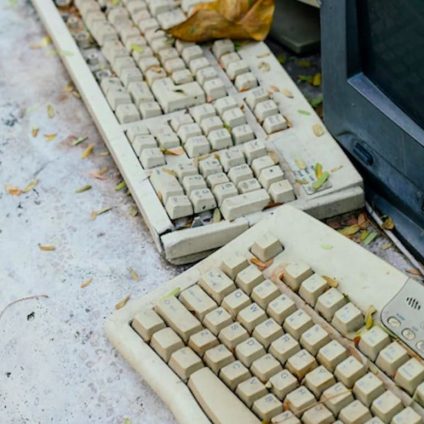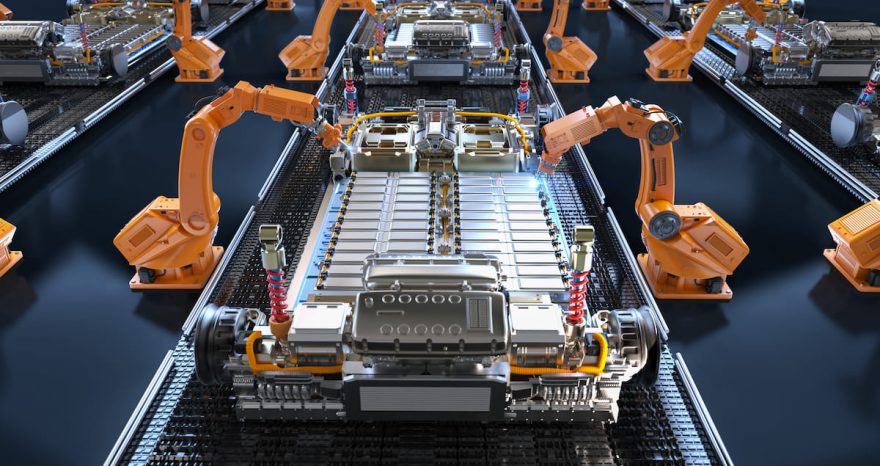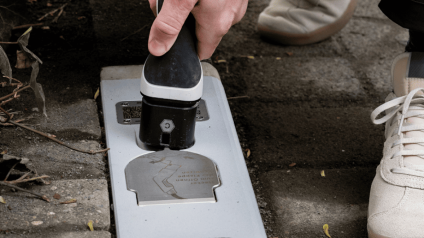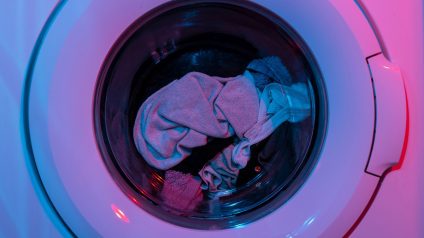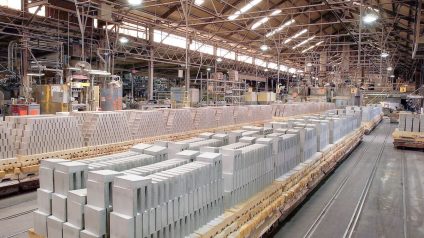Researchers at the Fraunhofer Institute are developing an AI-based assistant system that evaluates appliances at the end of their useful life to determine the most effective next step.
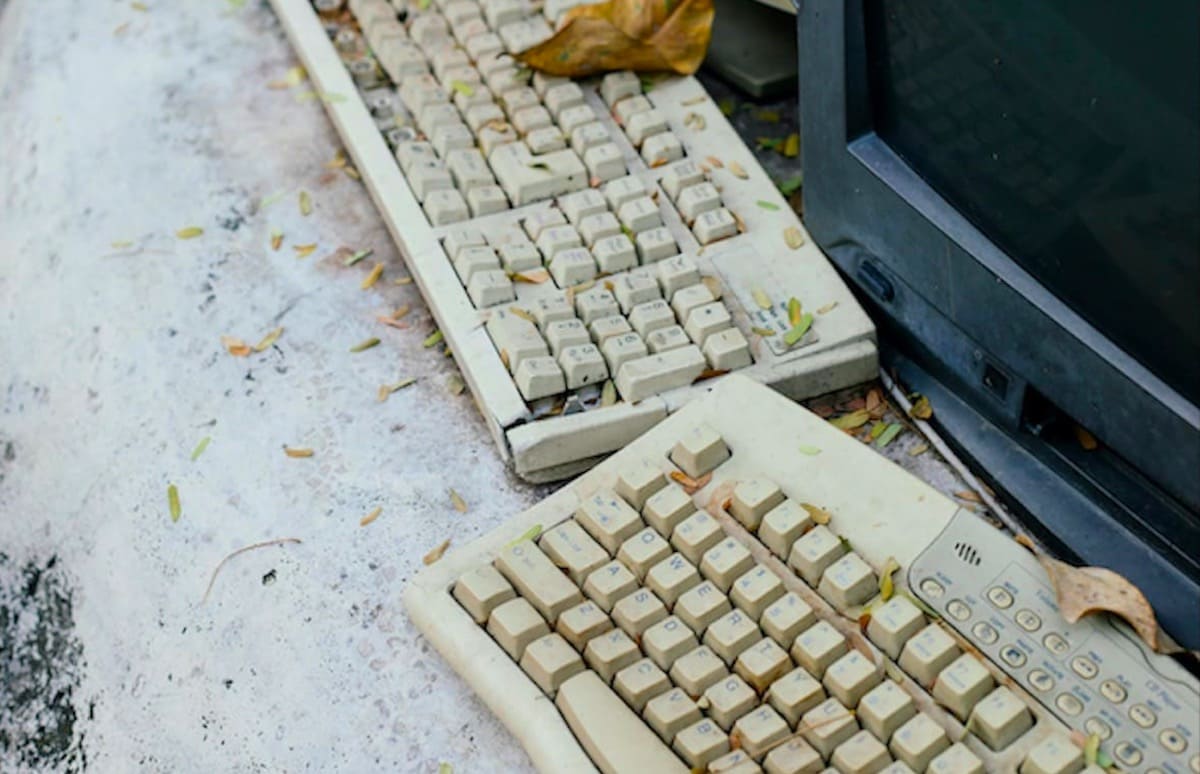
Obsolescence and innovation: a circular future for appliances
The obsolescence of household appliances is becoming a growing challenge for sustainability. Each year, tons of devices end up in landfills as electronic waste, wasting precious resources and adding to pollution. But what if artificial intelligence could revolutionize how we manage the end of life of these appliances? The KIKERP project, backed by Germany’s Fraunhofer IPK institute, aims to prove the circular potential of discarded appliances using AI.
AI for sustainable recycling
At the core of the project lies an innovative multimodal AI assistant system integrated into a cloud-based architecture. The goal is to optimize the reconditioning and recycling processes of used appliances and e-waste. Through a voice-enabled mobile and tablet application, the AI collects detailed information about the devices, accurately identifying their model and condition.
“Our AI modules are combined in a single architecture and operated through a mobile interface,” explains Vivek Chavan, a researcher at Fraunhofer IPK. This synergy between AI and cloud computing enables scalable and efficient data management.
Quality assessment with AI
Voice input alone is not enough. One of the system’s most promising features is its automated visual inspection via the mobile app. Appliance manufacturers, and soon, consumers too, can take pictures of a device, and the AI, using pre-trained models, extracts visual details and identifies issues like scratches. The system assigns a quality score from one to five, a key parameter in deciding the next steps, whether to recycle or reuse, and in determining the appliance’s residual value.
For AI training, researchers use real data from manufacturers along with artificial and synthetic datasets, even simulating visual defects. The project’s ambitious goal is to test and evaluate more than 5,000 appliances by its end and achieve an AI identification rate above 97 percent.
Robotic automation of recycling processes
Beyond quality evaluation, Fraunhofer IPK is developing a robust cloud-based data management system to organize and select acquired information. This infrastructure is essential to determine when and what kind of data the AI needs for further training, ensuring continuous improvement of the machine learning process.
“With our cloud-based management platform, we are creating an environment for the regeneration and reuse of appliances. The goal is to synchronize it with e-commerce portals for selling the analyzed products,” adds Chavan.
The AI technologies developed will be integrated into e-waste management systems through robotic process automation and software bots. These tools learn and automate repetitive tasks, improving operational efficiency in the sustainable management of appliances.


